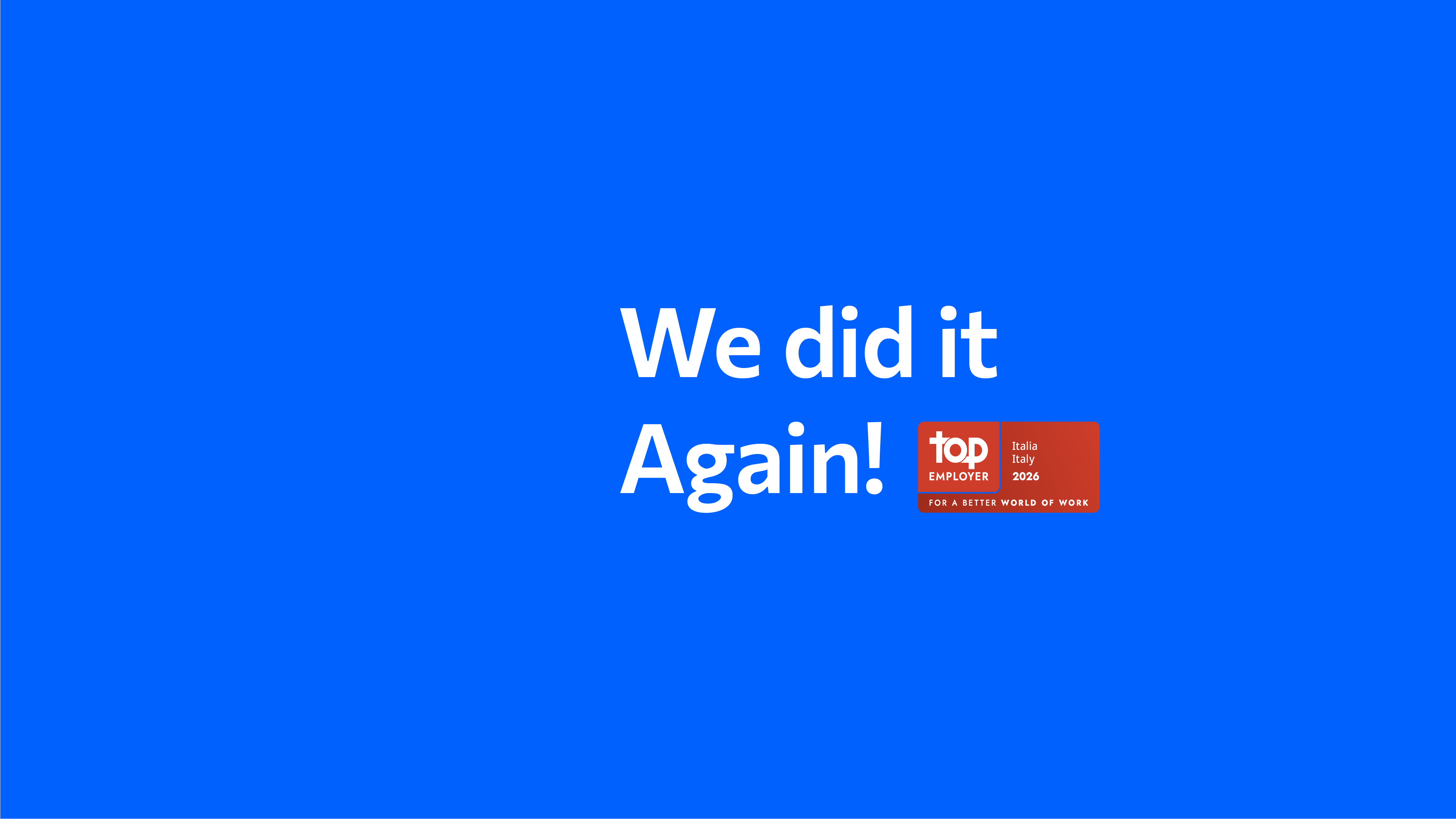Managing projects completely remotely: the 3 success factors
Managing a complex and completely remote project: the importance of methodology in the Zallaf Libya implementation project.

The final phases of the “green-field” implementation project aimed at installing management, exploration and production systems based on Cloud SAP S/4 HANA and SuccessFactors technologies in Zallaf Libya Exploration and Production of Oil & Gas, part of the most important Libyan oil company (NOC - National Oil Corporation), are almost completed.
A 44-week project that uses an exceptional new best practice to enhance the results already achieved by the mashfrog Group in this first quarter of 2020 in the field of migration of management systems and production sectors.
We asked Emiliano Baroni, CEO of mashfrog DMCC, the Group subsidiary that oversaw and managed all phases of the project, to share the factors that led to the success of an extremely complex and fully remotely managed operation.
The challenges of a "green-field" implementation project
In jargon, a project is defined as “green-field” when it involves the implementation from scratch of management systems that will radically innovate business processes. These are end-to-end projects that therefore require a particular effort of initial analysis, remarkable skills of re-designing the architecture of processes and constant collaboration between consultants and client for both the "design" phase and actual implementation.
Making the project that the mashfrog Group carried out in Zallaf Libya particularly challenging were two further elements: the political context (Libya is a country at war and of course access for our consultants and PMs was never possible) and the project team with members located in 4 different geographical areas.
The project was therefore completely and constantly managed remotely.
Objectives and project phases
As already mentioned, mashfrog Group planned and coordinated all the implementation phases of a technological cloud environment based on SAP S4/HANA and SuccessFactors for the digital transformation of all the main business processes of Zallaf Libya (from administration and management control, procurement, logistics, transport and materials management up to aviation and extraction). In addition, for the part of HR Payroll a turnkey and completely "tailor-made" solution was created, based on the country's legal requirements and the specific needs of the company.
The phases. The 44 weeks envisaged for the project included a kick-off, an "exploration" (analysis and design) phase, a "realisation" phase (configuration of solutions), a "development" phase (user testing and training) and finally a phase of "go-live" and "post-go live support".
“The initial kick-off week that took place in SAP offices in Cairo was fundamental. Only on this occasion were we able to face the client live and work side by side in person to define the guidelines and above all the methodology that we would follow for all subsequent phases of the project," says Emiliano Baroni.
These phases were then always managed remotely not only with the client, but also internally with the project team, made up of 18 technical and functional consultants who worked partly from Italy, partly from the United Arab Emirates, and partly from India and Venezuela.
The project's success factors
Three were the fundamental factors for the success of a project which, Emiliano reminds us, "was not a roll-out, but an architectural and end-to-end implementation project".
The technological factor: the tools, platforms and all the technology that enabled the carrying out of project phases and remote work.
The human factor: the people, soft and hard skills and experience gained by mashfrog consultants during international projects and in cultural contexts very different from that of origin.
The methodological factor: a rigorous methodology based on tested flows and indispensable weekly meetings between PMs and monthly with Zallaf's C-Levels for comparison and sharing of results.
"Without strong governance and a proven methodology it would have been impossible to manage a project of this complexity," comments Baroni.
The mashfrog technology, methodology and resources were particularly effective thanks also to the openness, availability and trust shown by the client.
A new best practice and an opportunity for growth
With Zallaf Libya the Group adds a best practice to its portfolio: the project has made it possible to confirm the effectiveness of the mashfrog methodology in managing projects remotely, but also to test it in a sector, that of Oil & Gas, and in completely new areas such as extraction and aviation.
Emiliano Baroni is CEO and Founder of mashfrog DMCC and one of the founding fathers of the mashfrog Group. He trained professionally in the world of Business Consulting and has always been concerned with the digital transformation of business processes. After a few years spent coordinating the mashfrog headquarters in Milan, in 2018 he founded mashfrog DMCC in Dubai, the foreign branch created to export the mashfrog expertise to the markets of the MENA Region and contribute to the Group's internationalisation.


